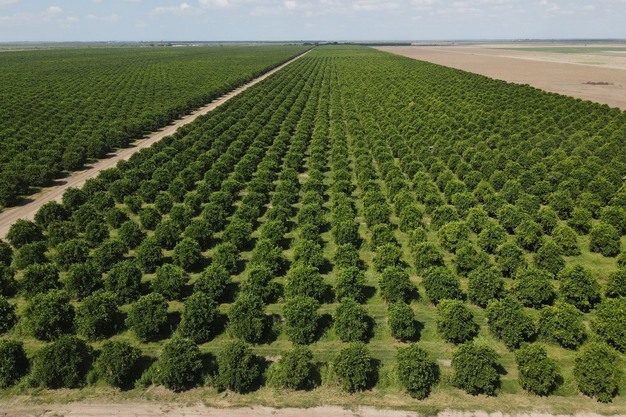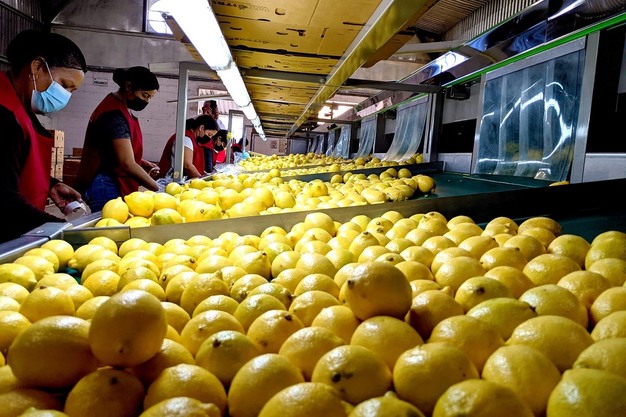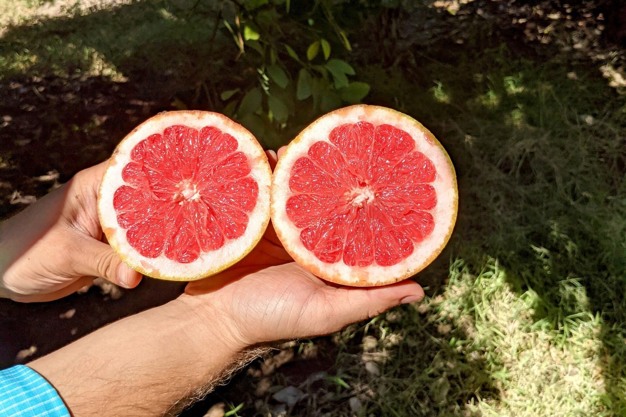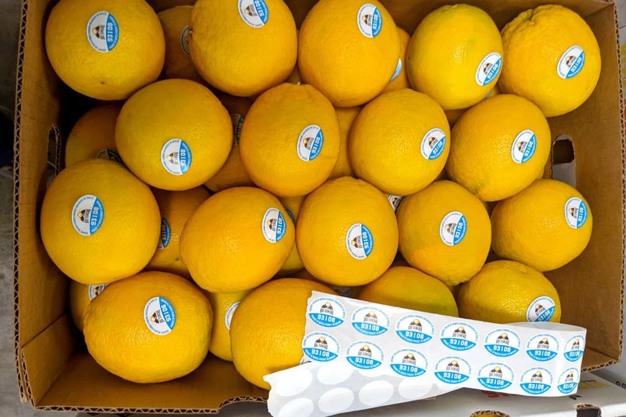The U.S. citrus market has recorded a remarkable increase in the demand, driven by a drop in the local production, especially in Florida, which used to stand at the top with more than 10 million tons and is now producing less than one million. This reduction in the supply has created significant opportunities, particularly for Valencia oranges intended for the juice industry, as well as for Mexican citrus exporters, who are taking advantage of their geographical proximity to supply the U.S. market with fresh, quality fruit. Jorge Flores, Sales Manager of Vit Citrus, says: "Every year, there is a little more demand" in the United States, the main destination for their products.

Approximately 15,000 tons of citrus fruits such as oranges, grapefruit and lemons are exported every year. With these, the Mexican citrus sector obtains an estimated annual revenue of between 10 and 12 million dollars. In terms of prices, there has been a considerable increase in the citrus juice market. In 2023, juice prices amounted to around 22 cents per pound, while in 2024 they have reached between 25 and 28 cents, depending on trade agreements. We are only 180 miles away from the U.S. border," says Flores, emphasizing that this allows them to ship constantly through Nogales, Arizona, in various presentations, such as boxes, meshes and bins, guaranteeing the product's freshness by means of real-time temperature monitoring systems.

Vit Citrus faces significant challenges in terms of quality regulations. Last year, for example, they were only able to export grapefruit that met the U.S. No. 1 standard or higher, limiting their options and forcing them to keep good quality fruit in Mexico. Moreover, the European market has additional requirements, such as the GlobalGAP certification, which would require significant investments in time and resources for the company.

The company expects to increase its export volumes in the coming years, as "many young orchards are only just starting to produce." This will make it possible to reach maximum production levels in a short period of time. Also, the organic citrus segment is booming on the west coast of the United States, and Flores says that there is a stable demand in states such as California and Arizona.

This year, the company has implemented innovations such as eco-friendly packaging and advanced traceability software to make it easier to keep an accurate record of the production, facilitating liquidations to the producers and an efficient management of shipments. Moreover, the company is enforcing strict safety and welfare standards in its plantations, including initiatives such as fair trade, thereby contributing to improving the working conditions in the field.
As far as the future is concerned, Flores believes that the citrus market will remain strong. "Citrus has a very relevant position and is consumed on a daily basis," he says. He also believes that the stable demand for oranges ensures that they will always be an essential product in people's homes.
For more information: 
Jorge Flores
Vit Citrus
Mexico
Tel.: +52 662 937 2183
[email protected]
https://vitcitrus.com/
